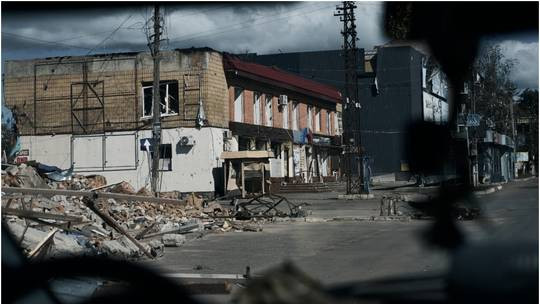CNN (USA) said that Russia's new attack in the Kharkov region, eastern Ukraine, put President Volodymyr Zelensky in a difficult situation when he had to sacrifice himself so that his soldiers could hold the defense line.

RT (Russia) quoted the Russian Defense Ministry as saying that the country's army has captured nine villages since launching the offensive on May 10. The Ukrainian General Staff reported that Russia had "tactically succeeded", and said that the two sides were fighting fiercely for control of the border town of Volchansk.
On May 13, CNN international security correspondent Nick Paton Walsh offered a more grim assessment of the situation on the battlefield, describing the Russian military’s advances as Moscow’s fastest since the early days of the conflict.
“This is a nightmare for Kiev for two reasons. Firstly, they liberated this land from Russian forces 18 months ago, but have clearly failed to consolidate the area enough to prevent Moscow from easily overrunning it,” Mr Walsh said.
Second, Russia could again squeeze Ukraine’s already stretched military with sustained pressure on Kharkiv, inflicting heavy damage with artillery bombardment on a large urban center. President Zelensky faces difficult choices about where to send limited resources and where to ultimately make sacrifices, Walsh added.
Western analysts stress that opening a new front is especially dangerous for Kiev in the current situation, given the persistent shortage of ammunition and delays in the delivery of Western aid.
The New York Times reported on May 12 that successful advances in Kharkiv, Ukraine’s second-largest city and an important industrial center, could demoralize Ukrainians and their allies and even force the West to pressure Kiev to negotiate a ceasefire with Moscow.
Ukraine has been forced to retreat from several cities and villages in Donbass this year, including the heavily fortified town of Avdiivka, which has been the scene of fierce fighting for months.
President Zelensky partly blamed Washington for the recent losses, saying his country was a “hostage” to the US presidential election campaign and political wrangling in Congress, where Republicans spent months blocking $61 billion in aid to Kiev. President Joe Biden finally signed the aid bill into law on April 24.